The purpose of STEP’s Learning Collaborative is for all persons with schizophrenia to live fulfilling lives. We aim to do this by partnering with agencies across Connecticut to deliver a system of care that provides rapid access to high quality treatment. Our collaborative includes workforce development, stakeholder outreach, informatics, care model refinement, and sustainable care models. We adopt a population health approach, regularly measuring outcomes, striving for international standards, and addressing access and quality disparities.
|
Community Education.
We provide community education and outreach to promote awareness, early detection, and rapid access to care for early psychosis. |
Access to care.
We have partnered with 18 sites across the state to improve access to care for those experiencing early psychosis (203) 200-0140 Family Support.
We provide workshops and virtual resources to educate and empower families and caregivers impacted by early psychosis. |
Workforce Development.
We're committed to workforce development of community mental health providers to increase the capacity of early psychosis treatment across Connecticut. |
What is psychosis?Those experiencing psychosis may have difficulty thinking as clearly as they normally would and may experience alterations in their perceptions of reality. This might involve unusual or strange ideas, and they may hear or see things which are not there. It's common to have trouble differentiating, "What's real? What's not real?"
|
Who experiences psychosis?Psychosis can happen to anyone. It's more common than you might think, as ~3 /100 people will experience psychosis. A 'first episode' refers to the first time symptoms of psychosis appear, commonly between the ages of 16-25.
|
Is psychosis treatable?An episode of psychosis is treatable, and it is possible to recover. It is widely accepted that the earlier people get help the better the outcome.
|
Check out Mindmap on the Connecticut's Morning Buzz
Get connected.
Join our mailing list for the latest updates and access to educational offerings and events!

|
The STEP Learning Collaborative is a workforce development and community education initiative hosted by the STEP Program. Our mission is to transform access, care quality, and outcomes for individuals and families impacted by recent onset psychosis throughout the state of Connecticut.
|



